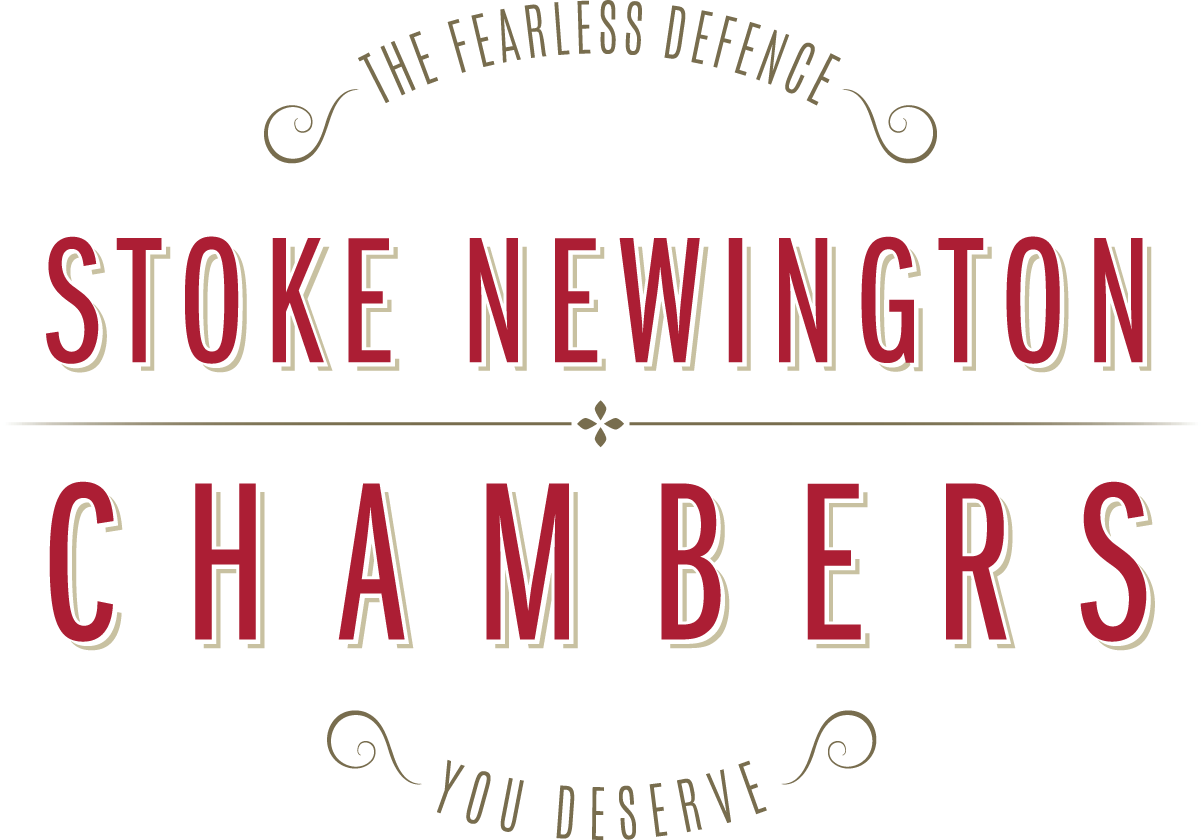 Sometimes people ask me if they should “go no comment” in their police interviews.
Sometimes people ask me if they should “go no comment” in their police interviews.
The big problem with this question is that you’re trying to figure it out for yourself, rather than asking the police station representative or duty solicitor, who has seen the police disclosure, to give you advice.
The reason you may be asking this question is because you just want to get being in the police station over with as quickly as possible – and you don’t understand what a big impact this interview can have on whether you are charged or ultimately are found not guilty at court.
There are so many pitfalls when talking to the police at interview. And the even bigger problem is that police station interview slip-ups can and will be used against you in court.
You might think that if you don’t say anything, you can’t slip up. But even that has potential to be used against you for failing to say something really important.
Other people just start talking and bury themselves, forgetting that it is for the Crown Prosecution Service to prove the case against you, rather than you protesting your innocence.
What’s the police interview, “Caution”?
“You do not have to say anything. But it may harm your defence if you do not mention when questioned something which you later rely on in court. Anything you do say may be given in evidence”.
What’s an, “Adverse Inference”?
While the “Right to Silence” remains, it is open to the court to draw an inference from your silence if you don’t answer police questions. The issue for the Magistrates will be whether your failure to answer questions was reasonable (see s35 of the Criminal Justice and Public Order Act 1994).
You will have some choices to make. Will you choose to answer questions, offer a prepared statement, or will you say “no comment” to all questions asked?
How do I know what’s the right move for you?
I don’t, not until I see the police disclosure.
My simple tip
Never got it alone in a police interview. If they have offered free legal advice, that means you need legal advice. Listen to the legal advice. That way, your choice will be the best decision possible in the circumstances.
What if it’s already gone wrong at your police interview?
Take advice. There may be a way for you to successfully argue that the interview should be ignored. That may be something I can help you with.

